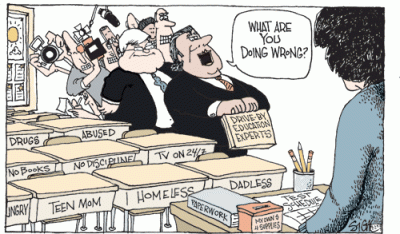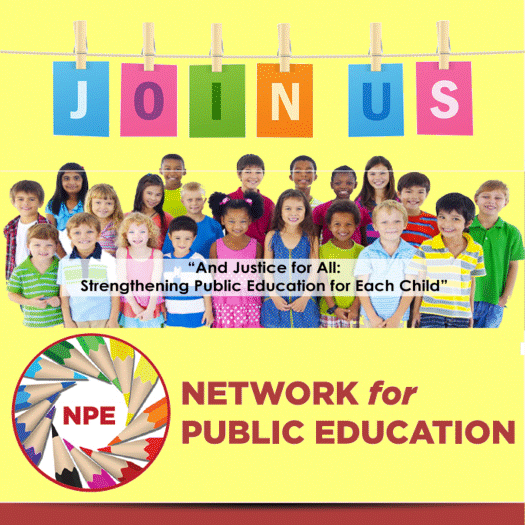'Can I get a ride?' Removing an obstacle for families using school choice
Some critics of school choice say that because not all families can take advantage of it to the same degree, it ought to be cut back. They are correct about this: Some families can’t make the most out of their available school choice options because they have trouble transporting their children to school. The solution to that inequity is not to dismantle those options, but to help needy families find their own transportation solutions. Choice should be more universal, not just the domain of those who can afford it.
For many families of means, getting their child into a better school is a matter of paying private school tuition or relocating to a new community. Those methods, however, limit school choice based on ZIP codes and bank accounts. While most states have made school choice more broadly accessible by creating more tuition-free educational options, some foes of choice want to dial back opportunity.
Progressive journalist Jennifer Berkshire has openly acknowledged she is “a little bit obsessed” with Secretary of Education Betsy DeVos, who favors expanding choice, and her home state of Michigan. Earlier this year, Berkshire gave a disparaging analysis of Michigan’s 20-year-old policy of inter-district choice. Among the chief complaints, she offered this: “Because there’s no transportation provided and attending school in another district often requires some significant travel, schools of choice are only an option for kids who have a way to get there.”
Berkshire’s observation holds some weight. The vast majority of districts accepting nonresident students offer no assistance beyond maybe CONTINUE READING: 'Can I get a ride?' Removing an obstacle for families using school choice | TheHill
























